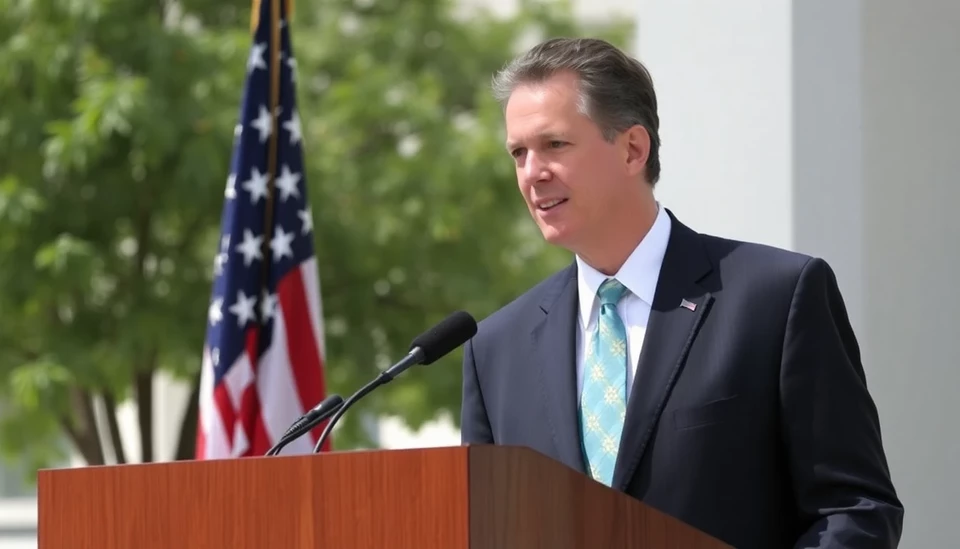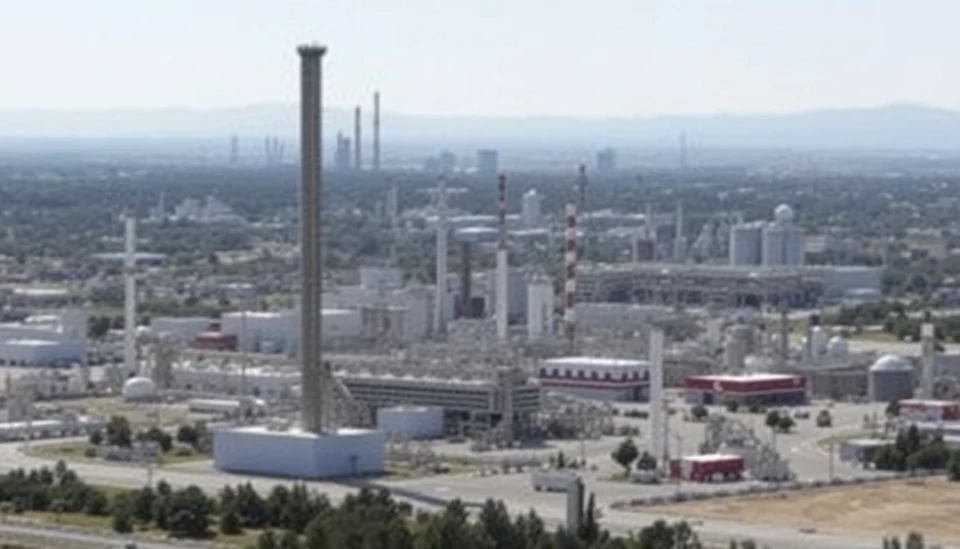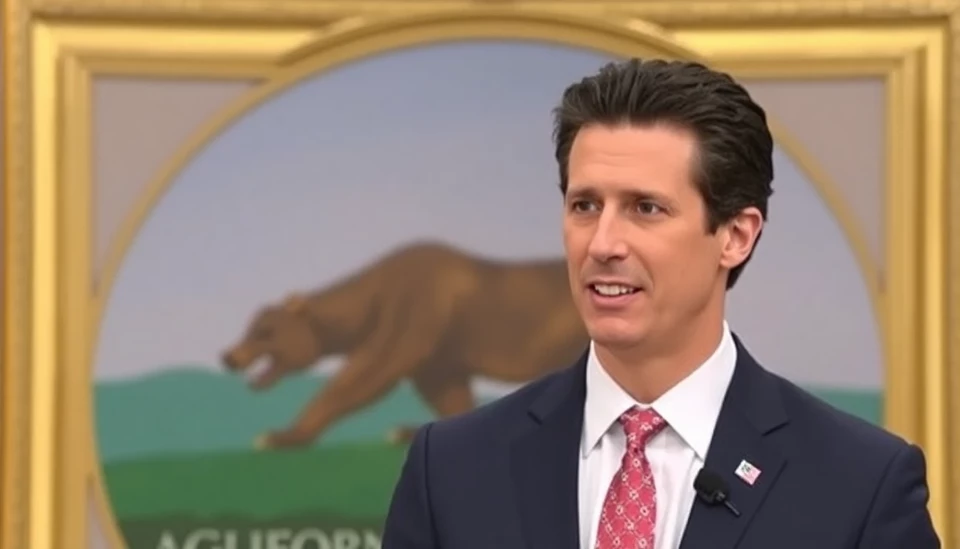
In a significant shift in environmental policy, California has officially ended its push for stringent pollution regulations that were anticipated to face robust opposition under the Trump administration. This decision marks a notable deviation from the state's longstanding commitment to rigorous environmental standards, reflecting an evolving political landscape and the complexities of implementing progressive policies in the face of federal resistance.
The proposed regulations aimed to dramatically reduce greenhouse gas emissions from various sectors, including transportation and industry. Environmentalists had heralded these measures as essential steps in combating climate change and promoting public health. However, as the political climate shifted following the 2024 elections—where Donald Trump regained the presidency—state leaders quickly recognized the challenges ahead.
Governor Gavin Newsom and other state officials cited the current federal administration's existing deregulatory agenda, predicting that the anticipated legal battles would tie up resources and ultimately lead to ineffective outcomes. The decision to pivot away from these regulations has sparked disappointment among environmental advocates who viewed these rules as vital for California’s climate goals and a model for other states.
California has long positioned itself as a leader in the fight against climate change, often setting benchmarks for environmental policies that other states follow. Nevertheless, the shift reflects a broader trend in which state initiatives find themselves at odds with federal policies, particularly when a conservative administration is in charge. In the past, California demonstrated its resilience by adopting regulations ahead of federal standards, but this change in approach raises critical questions about the future of state-level environmental leadership.
Critics of the decision argue that it undermines California's commitment to sustainability and could have far-reaching ramifications for both health and environmental quality. They emphasize that the state's efforts are crucial in mitigating the impacts of climate change and protecting vulnerable populations disproportionately affected by pollution.
Proponents of scaling back on these regulations point to the need for a more measured approach, advocating for collaboration over confrontation. They underscore that California can still pursue other avenues for reducing emissions without immediate adherence to strict regulations. The hope for proponents is that the state can achieve meaningful environmental reforms through cooperation with federal entities, rather than through a rigid regulatory framework that could lead to prolonged disputes.
As California shifts its strategy, environmental groups are already mobilizing to pressure the state government into reconsidering its stance. The discourse surrounding environmental policies will likely intensify, especially as various stakeholders, including public health advocates, industry representatives, and political figures, engage in discussions about the best ways forward in a changed political environment.
Moving forward, the eyes of the nation will remain on California as it navigates the tension between state-level environmental initiatives and denials from federal authorities. The ongoing challenges ahead may force a reevaluation of strategies in order to maintain the state’s progressive reputation in tackling climate-related issues while maneuvering through the complexities of the existing political framework.
In the midst of these changes, the dialogue surrounding pollution regulations remains highly relevant, and stakeholders are poised for critical discussions on adapting to the realities of the current political climate, all while striving to preserve California’s environmental goals.
#California #PollutionRegulations #ClimateChange #EnvironmentalPolicy #GavinNewsom #DonaldTrump #GreenhouseGasEmissions #Sustainability #PublicHealth
Author: John Harris




